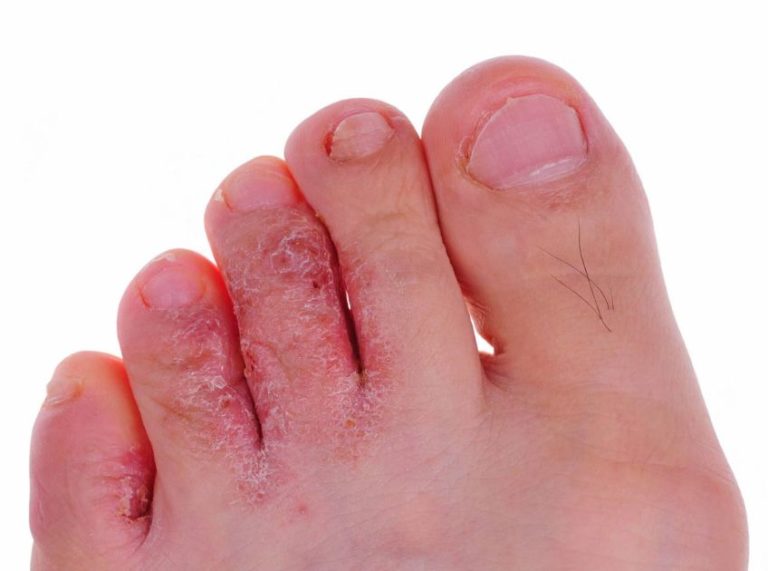
Important: This article is for informational purposes only. Please read our full disclaimer for more details.
The rise in the body’s temperature above the average, which is 37 degrees Celsius, caused by an infection is called fever. People with fever often experience a rise in temperature as evening passes and often wonder why the fever spikes at night.
A fever is usually a sign that our immune system is fighting against some viral or bacterial infection (1). Usually, it goes away within a few days if you take over-the-counter (OTC) medicines to treat it.
Why Does The Fever Get Worse At Night?
You must have noticed that during the illness, the body temperature starts worsening during the evening hours.
During the night, our immune system gets more active (2). The inflammation processes respond to the infection in the body, and the immune system raises the body temperature intentionally. It does so to kill the virus, which is attacking the body and making you ill. As a result, you may experience hot flashes and chills alternatively.
Another reason behind spiked temperature during the night is the stress hormone cortisol (3). It is closely linked to the function of the immune system (4).
Cortisol is higher during the day, and this higher level suppresses the activity of the immune system to a large degree. However, during the night, when the level of cortisol gets suppressed, the immune system starts fighting against the illness, causing a raised temperature.
Other Factors
Various other factors contribute to the worsening of the condition during the nighttime. These are-
- No distraction to ignore the symptoms during the night time.
- During the daytime, when we are up, the mucus tends to drain down. But, at night, while lying down, the mucus accumulates at the back of the throat, resulting in congestion.
What are The Symptoms of Fever at Night?
Depending on the cause of the fever, the other signs and symptoms include (5):
- Headache
- High body temperature
- Chills and shivering
- Weakness
- Body ache
- Sore throat
- Loss of appetite
- Dehydration
- Sweating
What Causes Of Fever At Night?
- Common Cold: A common cold is a viral respiratory tract infection. Rhinovirus is the most common agent for viral infections and is the main cause of the common cold that causes fever.
- Viral infection like flu: The influenza virus causes the disease in the respiratory tract
(e.g., lungs, mouth, nose), resulting in a cold, cough, and sore throat. As a response to fight off the virus, the body develops a fever. - Bacterial infection: Bacteria, such as pneumonia, tonsillitis, and urinary tract infection, cause illness that again leads to spiking the body temperature.
- Vaccines and immunizations: Some vaccines, such as tetanus, diphtheria, pneumococcal, and COVID-19, can cause fever to prepare the immune system to protect against the virus or bacteria that can make people sick.
- Autoimmune conditions: Many autoimmune diseases, such as rheumatoid arthritis and lupus, may cause a low-grade fever.
- Heat exhaustion: It can cause fever when the body gets overheated because of the external factors, like high temperature.
How To Treat And Prevent Fever From Spiking At Night?
If you have a high temperature several things can be done to treat fever and help manage the condition.
- OTC medicines: Few over-the-counter medicines like paracetamol or ibuprofen helps to bring down the temperature and relieve the head and body ache.
- Hydration: It is very important to keep drinking plenty of water and other fluids, such as coconut water and juices, that helps the body to remain hydrated. Avoid alcoholic drinks and caffeine.
- Rest: It is always advised to get plenty of rest and to avoid strenuous work.
- Bath: Take a lukewarm water bath. Do not take a cold water bath as it can cause more shivering which can generate more heat and make you feel even worse.
- Keep cool: Keep yourself cool with light weight clothes and bedding. Keep the room at a comfortable temperature.
- Humidifier: Use a humidifier in the room where you sleep. It will help with the decongestion of mucus while sleeping.
Fever can make anyone feel awful. Luckily, it is a temporary and short-lived sign of a body’s response to fight off certain disease-causing microbes. However, if the symptoms persist and don’t go away even with the medicines, it is better to immediately consult a doctor.
Remember, some illnesses might make you feel worse, mostly at night, for various reasons, including changes in hormone levels, immunity system, and body position. So, if you wonder why fever spikes at night, be assured that it’s your body’s way to control and manage the underlying cause.
Related Articles
- Sore Throat – Symptoms, Causes & Home Remedies
- 28 Significant Benefits Of Pineapples (Ananas) For Skin, Hair, And Health
- 15 Castor Oil Side Effects You Should Be Aware Of
- Benefits of Eating Almonds For Skin,Hair and Health
- 11 Natural Home Remedies for Cold Symptoms
- Top 15 Healthy Probiotic Foods for Your Gut Health
- How to Use Apple Cider Vinegar for Curing Colds Fast
- Top 20 Uses & Benefits of Giloy (Tinospora Cordifolia) You Should Know
- What Happens if You Eat Mold?

















